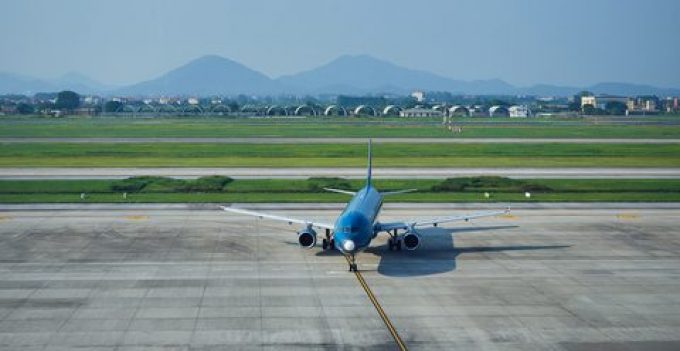More industrial unrest in Bangladesh, more opportunity for India
Chaos has gripped Bangladesh’s supply chains, with strikes on rail networks and transport operators threatening ...

As the supply chain disruption in China continues, European shippers are spreading their sourcing efforts among multiple locations and ordering smaller shipments.
Rogier Spoel, senior policy manager air and ocean freight at Dutch shipper association evofenedex, said companies in the textiles industry had begun moving to ...

Comment on this article